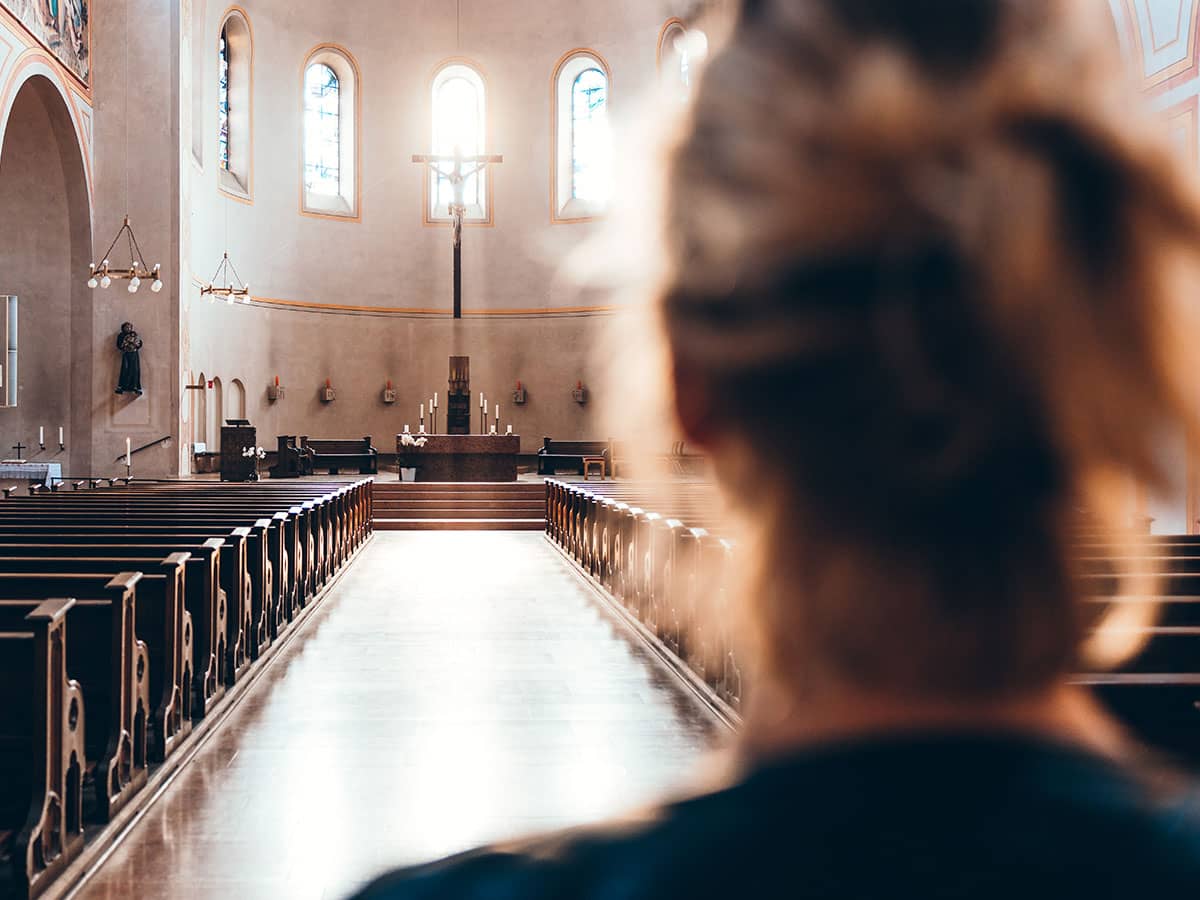The percentage of Americans who do not identify with any particular religion is on the rise. A Pew Research poll found that these “nones” make up one-fifth of the U.S. public and one-third of adults under 30.
Computer science professor Allen Downey from Olin College of Engineering in Massachusetts believes increased internet usage may be contributing to this trend. Downey’s recently published paper, “Religious affiliation, education and Internet use,” demonstrates a correlation between amount of time spent online and religious disaffiliation.
CNN notes that Downey had no vested interest in the subject, he was simply fascinated by the trends he was noticing among his students.
According to the study, internet usage among adults jumped from roughly zero in 1990 to 80% in 2010. This was coupled with a 25-million person spike in religious disaffiliation. In addition, those who used the internet for more than seven hours a week were 5% more likely to be unaffiliated.
While admitting that correlation does not equal causation, Downey was able to control for background factors including education, home environment, income, and religious upbringing to reach his tentative conclusion. He found trends in these categories as well, such as the decline in religious upbringing leading to a decline in religious affiliation.
The decline does not necessarily mean that these “nones” lack any sort of religion or spirituality. The Pew research poll identified 46 million people who, despite not belonging to any particular group, identified themselves as either spiritual or religious in some way.
Cheryl Casey, professor of media, society and ethics at Champlain College, believes that the internet is making people spiritual in a different but still significant way. People are participating more in what she calls “grass-roots religious exploration,” where they are able to discover religious traditions whose values that align more strongly with their own.
Clearly the internet, like any major innovation, is affecting the way people operate in their daily lives. Whether the effects are positive or negative is still difficult to say.
2017-10-05
2017-10-05
more from beliefnet and our partners

